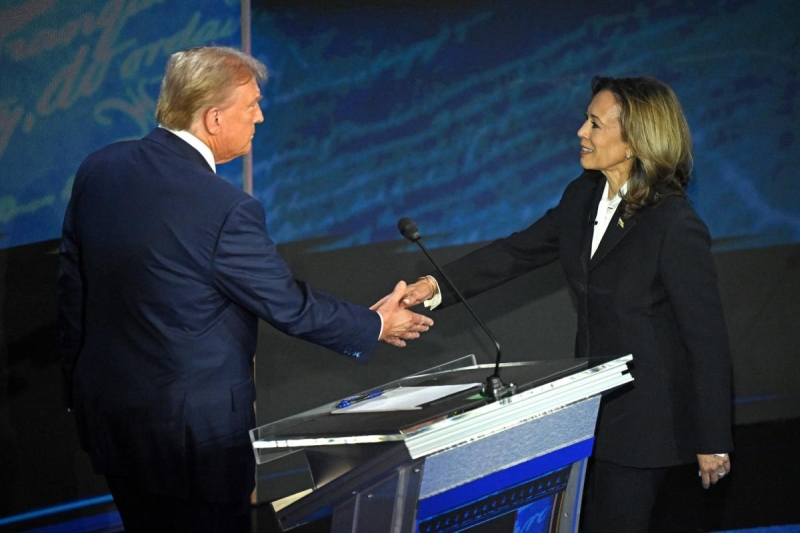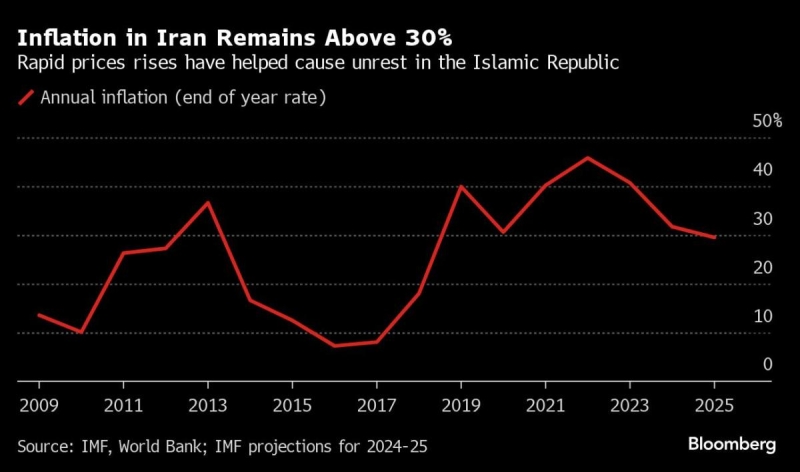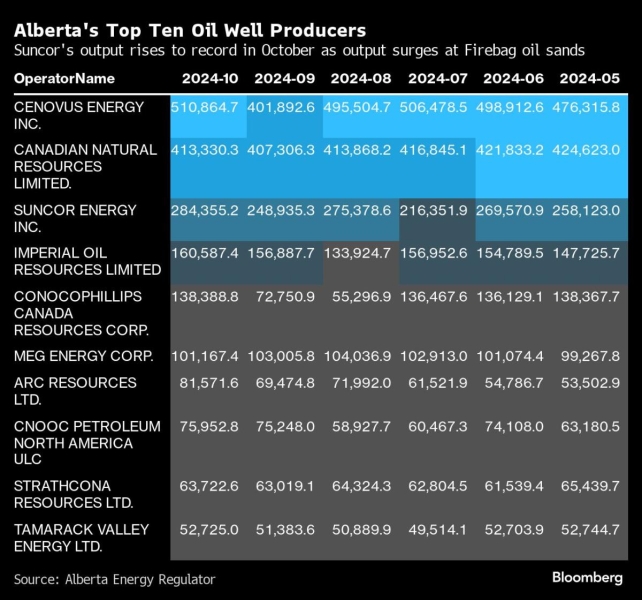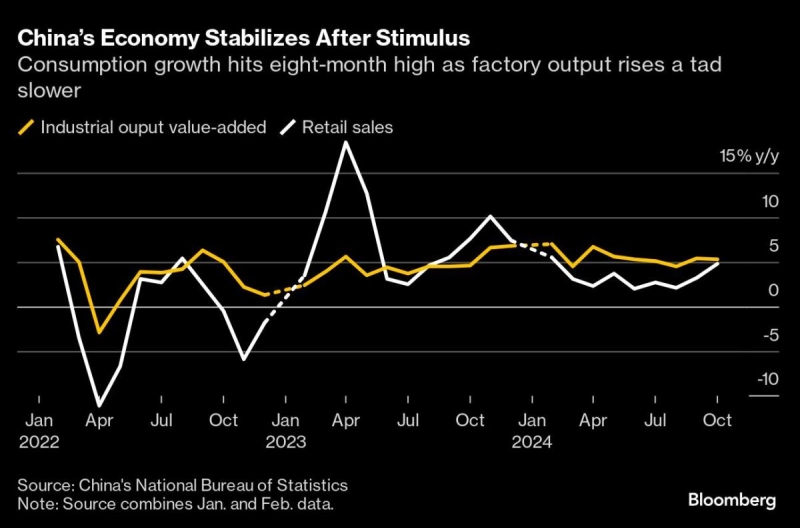
Inspect the websites of Kamala Harris and Donald Trump, and you’ll find vague, skimpy descriptions of their policy positions, especially economic policy positions. It wasn’t ever thus. Candidates of both parties used to put out detailed economic blueprints. In the 2012 presidential election, Republican nominee Mitt Romney offered a book-length description of his economic policy.
None of that this year. Brian Riedl, an economic policy expert at the Manhattan Institute think tank, says that now, “candidates don't want to provide details because details get shot at.” But business leaders deserve answers, and some leaders may even get opportunities to talk with Harris and Trump directly. Here are the five most urgent business-themed questions that they—and they rest of us—deserve answers to.
China and the U.S. have become adversaries. CEOs of many U.S. companies that do significant business in China say they’re increasingly less welcome. What will be your stance toward China?
Why this question: “Geopolitical instability” is CEOs’ No. 1 concern in the latest Fortune/Deloitte CEO survey, and China is where the most companies have the most at stake. A U.S. CEO has told Fortune that “the vast majority of companies are trying to figure out how to reduce their supply chain from there, manufacturing there – everything that has to do with coming out of China, they’re trying to reduce or eliminate as fast as they can.” Business leaders want to know how much hotter U.S. relations with China are likely to become.
President Trump launched a trade war against several countries, mostly China, and President Biden has kept most of the Trump tariffs while adding or expanding others. Do you anticipate de-escalating the trade war? If not, why not?
Why this question: Both presidential candidates are talking about tariffs. In their debate, Trump defended his tariffs and declared that “I took in billions and billions of dollars, as you know, from China.” That was not correct. Tariffs are not paid by the exporting country; they’re paid by the U.S. companies that import goods. Harris attacked Trump’s proposed 20% tariff on all imports, calling it “the Trump sales tax.” But she didn’t mention the many tariffs that the Biden administration has kept, added, or increased.
Tariffs impede global trade, which is why scores of countries have worked for decades to reduce tariffs. Trade wars are easy to escalate and hard to de-escalate. That’s why business leaders want to know Harris’s intentions and how Trump defends his plan to add tariffs.
Semiconductors are as important in the 21st century as oil was in the 20th century—the most powerful countries are those with the most advanced chips. Yet 90% of leading edge chips are made outside the U.S. How will you ensure America’s security in the digital era?
Why this question: The CHIPS and Science Act, signed into law by President Biden with bipartisan support, is meant to bring leading edge chip manufacturing back to the U.S. by offering subsidies to chipmakers. But manufacturing top-level chips is an enormously expensive long-term project that will require continued subsidies long after the CHIPS Act has disbursed its authorized funds. Today most advanced chips are made in Taiwan and South Korea. Business leaders need intelligence on where they’ll be getting the chips they’ll need years from now.
Where do you stand on antitrust enforcement? Chair Lina Khan has led the most activist Federal Trade Commission in decades. Several of her cases have been dropped after costing the target companies millions. How will your FTC compare with the present one?
Why this question: Khan has lost every anti-merger case that she has brought and that has gone to a final decision in court. But at least 19 deals have been abandoned after Khan has targeted them, since fighting the FTC can take years. Major Harris donors, including longtime media executive Barry Diller and LinkedIn co-founder Reid Hoffman, want Khan out. Business leaders contemplating a merger or acquisition would like direction on the regulatory climate next year.
The Social Security Administration says it will be unable to pay full benefits starting in 2033, just eight years after the next President takes office. More broadly, the Government Accountability Office says the growing national debt is unsustainable. How will you return America to fiscal responsibility?
Why this question: This is the hardest one. Any remedy for Washington’s bipartisan profligate spending will be painful, and no aspiring President wants to announce pain. Washington veterans agree that nothing significant will happen until the pain arrives. It’s hard to imagine that Kamala Harris or Donald Trump would tell that to a business leader or anyone else, but it might be instructive to hear what they would say.
More broadly, would Harris and Trump answer all these questions candidly, even to a business leader? We may never know, but in any case it’s fitting to remember a quote from a great economist, Nobel Prize winner Paul Samuelson: “Politicians like to tell people what they want to hear—and what they want to hear is what won't happen.”
This story was originally featured on Fortune.com





